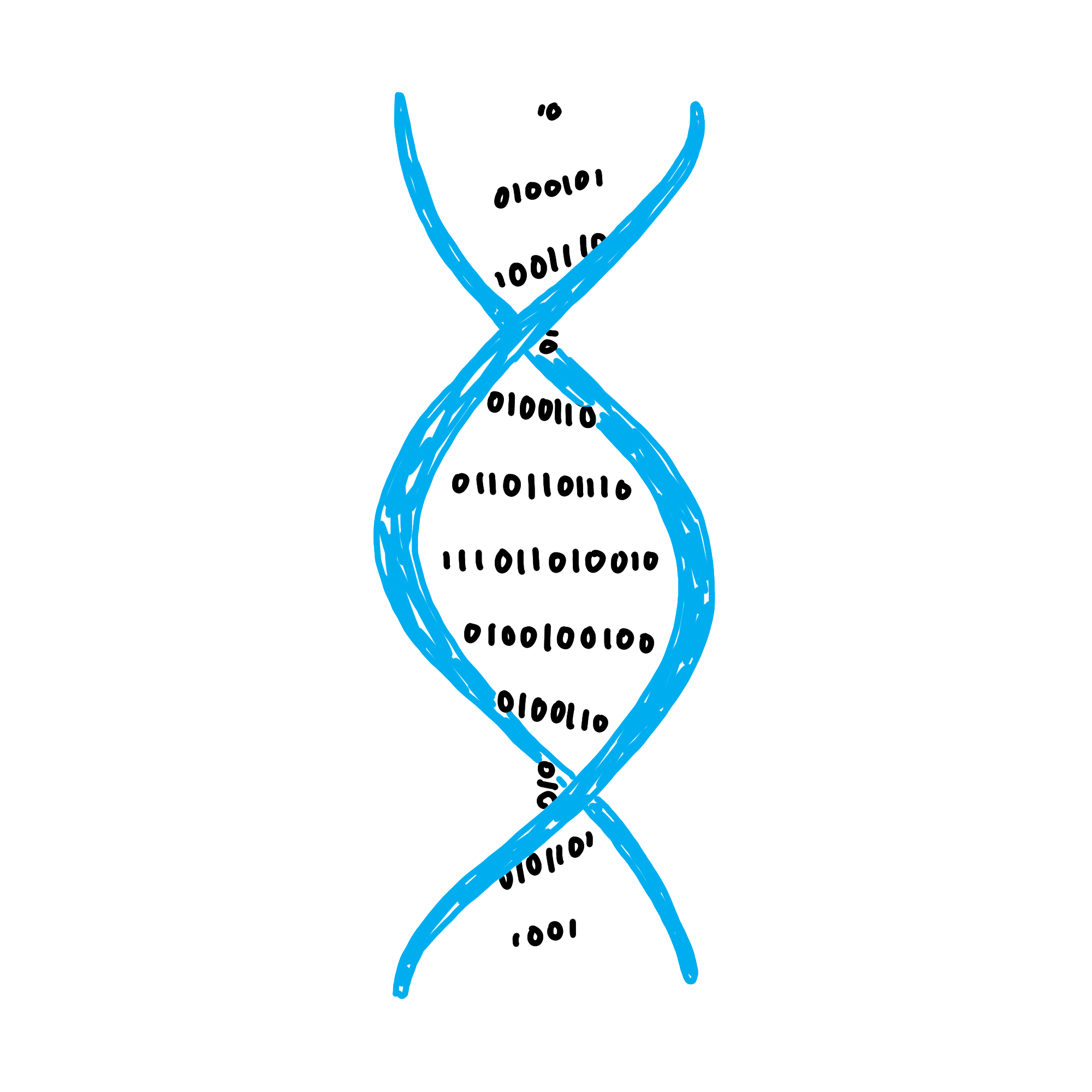

Sequencing the genome was only the first step in our quest to understand how genes are expressed and functionally regulated. Increased understanding about the functional complexity of the genome has led to growing recognition about the role of epigenetic variation in the etiology of neuropsychiatric and neurodegenerative disease. Epigenetic processes act to dynamically control gene expression independently of DNA sequence variation and are known to regulate key neurobiological and cognitive processes in the brain. Our group takes an integrated genomics approach to understand the molecular mechanisms involved in brain health and disease across the life-course.

Our Main Areas of Research
Our research focuses on neurodegeneration, neurodevelopment, and neuropsychiatry, as well as the epigenomic factors involved in complex and rare diseases, including cancer and obesity.

Our Lab Techniques
We employ various techniques in our labs including array-based DNA methylation, transcriptomics, ONT nanopore sequencing, mouse models, SNP arrays, Western blotting, and RNA-seq to investigate epigenetic and genomic alterations in our areas of research.

Our Data Science Techniques
Our data science techniques encompass cell type deconvolution, peak analysis in ATAC-Seq datasets, developing quality control pipelines, burden testing, processing ONT nanopore sequencing data, and leveraging epigenetic clocks to study biological aging and acceleration.

